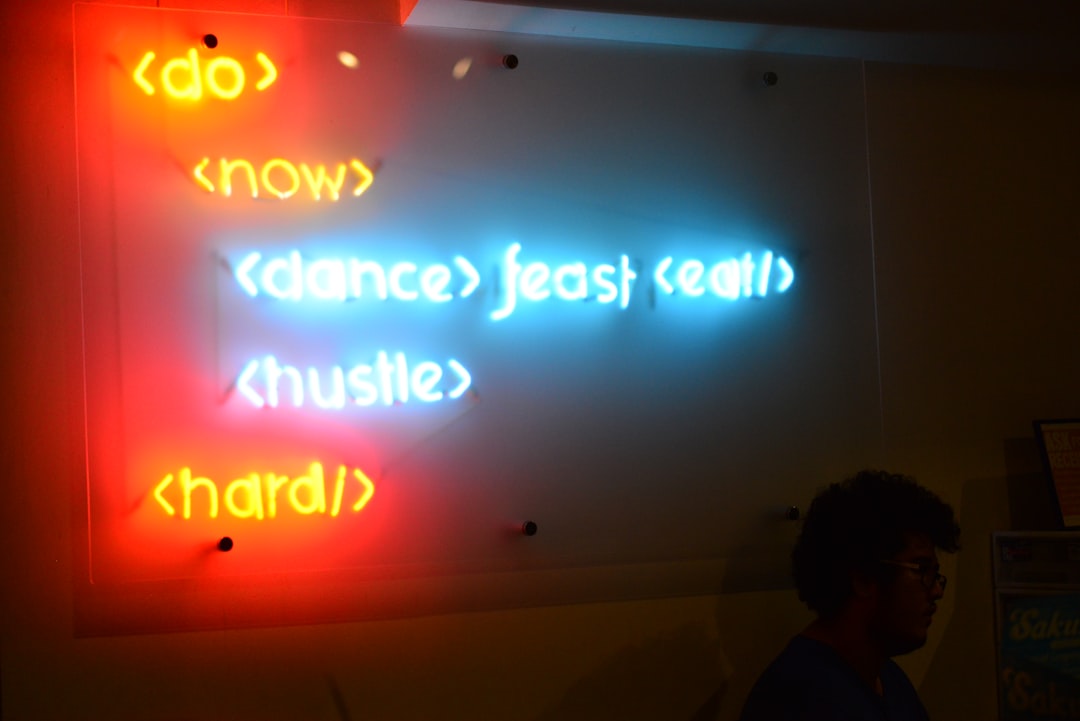Logic vs. Syntax
What's the Difference?
Logic and syntax are both essential components of language and communication, but they serve different purposes. Logic refers to the reasoning and structure of an argument or statement, focusing on the validity and coherence of the ideas presented. Syntax, on the other hand, deals with the rules and principles governing the arrangement of words and phrases in a sentence, ensuring clarity and coherence in written and spoken language. While logic is concerned with the content and meaning of language, syntax is concerned with the form and structure of language. Both logic and syntax play crucial roles in effective communication and understanding.
Comparison

| Attribute | Logic | Syntax |
|---|---|---|
| Definition | The study of reasoning and argumentation | The set of rules that govern the structure of sentences in a language |
| Focus | Deals with the validity of arguments | Focuses on the structure and rules of language |
| Application | Used in philosophy, mathematics, computer science, etc. | Used in linguistics, programming languages, etc. |
| Formalization | Can be formalized using symbols and rules | Can be formalized using grammar rules and symbols |
| Errors | Logical errors can lead to invalid conclusions | Syntax errors can lead to misunderstandings or program failures |

Further Detail
Logic and syntax are two fundamental concepts in the realm of language and communication. While they may seem similar at first glance, they actually serve distinct purposes and have unique attributes that set them apart. In this article, we will explore the differences and similarities between logic and syntax, and how they contribute to the structure and meaning of language.
Definition and Purpose
Logic is the study of reasoning and argumentation, focusing on the principles of valid inference and sound reasoning. It is concerned with the structure of arguments and the relationships between propositions. Logic helps us determine whether an argument is valid or invalid, and whether a conclusion logically follows from the premises.
Syntax, on the other hand, is the study of the rules that govern the structure of sentences in a language. It deals with the arrangement of words and phrases to create meaningful expressions. Syntax helps us understand how words are combined to form sentences, and how different elements of a sentence relate to each other.
Attributes of Logic
One key attribute of logic is its focus on validity and soundness. In logic, an argument is considered valid if the conclusion follows logically from the premises. Soundness, on the other hand, refers to the truth of the premises and the validity of the argument. Logic also involves the use of formal systems, such as propositional logic and predicate logic, to analyze and evaluate arguments.
Another attribute of logic is its emphasis on consistency and coherence. Logical consistency requires that there are no contradictions within a set of propositions or arguments. Coherence, on the other hand, refers to the logical connections between different parts of an argument or theory. Logic helps us identify and resolve inconsistencies in our reasoning.
Attributes of Syntax
Syntax, on the other hand, is concerned with the structure of language at the level of words and sentences. One key attribute of syntax is its focus on grammatical rules and patterns. These rules dictate how words are combined to form phrases and sentences, and how different elements of a sentence are organized.
Another attribute of syntax is its role in conveying meaning and facilitating communication. Syntax helps us understand the relationships between words and phrases in a sentence, and how these relationships contribute to the overall meaning of the sentence. By following syntactic rules, we can create coherent and meaningful expressions.
Relationship between Logic and Syntax
While logic and syntax are distinct concepts, they are closely related in the realm of language and communication. Logic provides the principles of valid reasoning and argumentation, while syntax governs the structure of language at the level of words and sentences. Together, logic and syntax help us construct and interpret meaningful expressions.
One way in which logic and syntax intersect is in the analysis of language. Logic can be used to evaluate the validity of arguments and the coherence of theories, while syntax helps us understand how words are combined to convey meaning. By applying logical principles to syntactic structures, we can enhance our understanding of language and communication.
Conclusion
In conclusion, logic and syntax are essential components of language and communication, each serving a unique purpose and contributing to the structure and meaning of expressions. While logic focuses on reasoning and argumentation, syntax deals with the rules that govern the structure of sentences. By understanding the attributes of logic and syntax, we can enhance our ability to construct and interpret meaningful expressions.
Comparisons may contain inaccurate information about people, places, or facts. Please report any issues.